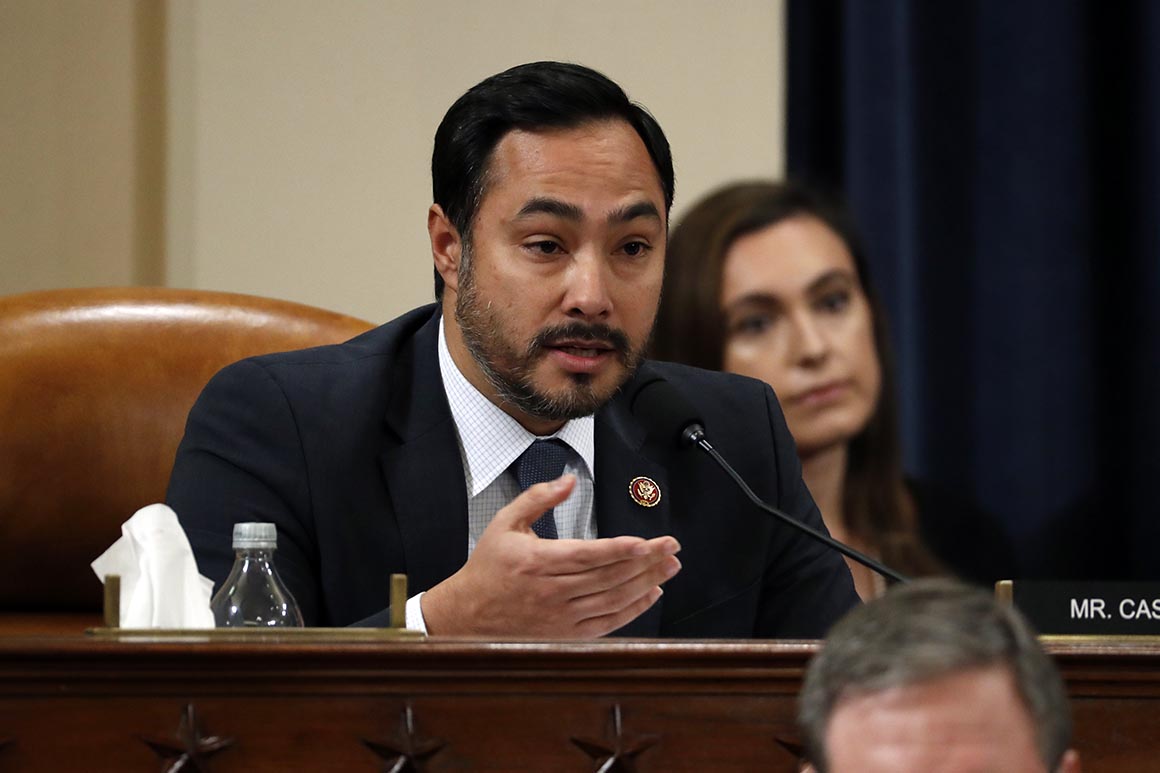
Latinos have been hit hard by the coronavirus, representing a high number of hospitalizations and deaths compared with their share of the overall population, according to early data tracking cases by ethnicity. A disproportionate number of meatpackers are people of color and immigrants — 44 percent are Latino and 25 percent are African American, according to an analysis by the Center for Economic and Policy Research.
Latinos are also the least insured population in the country, according to the Office of Minority Health, making them less likely to seek medical care if infected by the coronavirus.
“The majority of these workers are either Latino workers or some of them undocumented or refugee workers from other countries,” Castro said in an interview. “So these are very vulnerable populations who don’t have a lot of political or economic power often to change their own working conditions.”
Working conditions at meatpacking plants are just part of a long list of concerns about Latino workers in essential services that have Latino lawmakers sounding the alarm. Many have pleaded with the administration to cease deportations as the coronavirus spreads. And Latino leaders have decried the lack of relief for Latino households and undocumented immigrants in the coronavirus packages passed by Congress.
“If the [Defense Production Act] is going to be used to force workers to appear under these circumstances, all executive orders threatening deportation or other removal actions against undocumented workers in these plants must be immediately suspended,” said Rep. Filemón Vela (D-Texas). “Furthermore, all essential workers and their immediate families should be given immediate green card status.”
Last week, the Hispanic Caucus requested the House Education and Labor Committee open an investigation and hold a hearing on the working conditions for meat processing workers during the coronavirus pandemic. Earlier this month, the Hispanic Caucus called on Trump to not deport any essential workers. “It’s very ironic that on the one hand, the president is trying to do everything he can to get them out of the country, but with an executive order, he’s also requiring these people to stay here and work,” said Castro.
The League of United Latin American Citizens estimates 80 percent of the meat processing workforce is comprised of undocumented workers or refugees.
“The virus doesn’t ask for papers, the virus hits everybody and we need to protect them,” said LULAC president Domingo Garcia. “And by giving [workers] temporary protective status, which President Trump can do by executive order, [he can] ensure that the food continues to flow to our grocery stores.”
Source: politico.com
See more here: news365.stream






